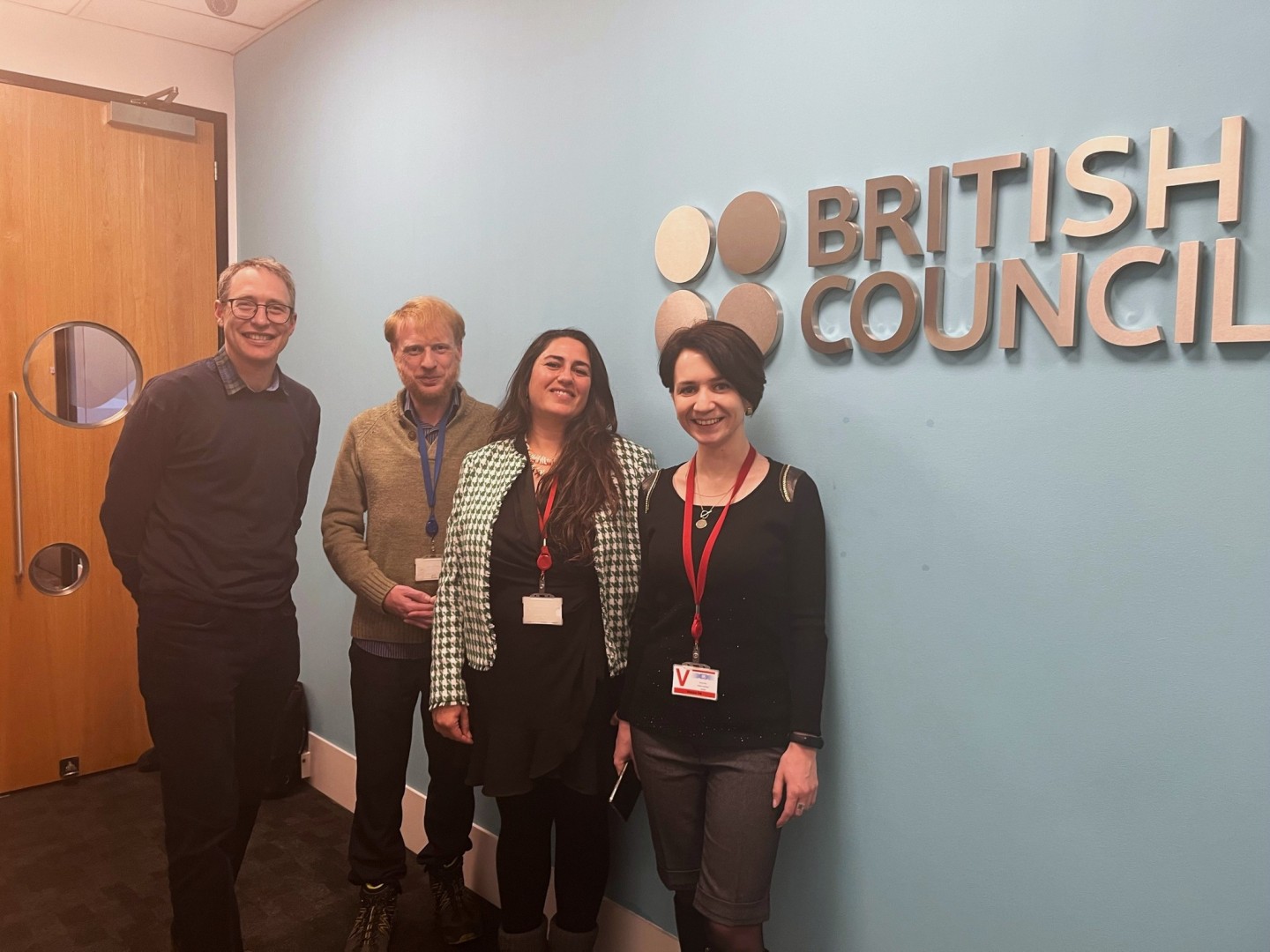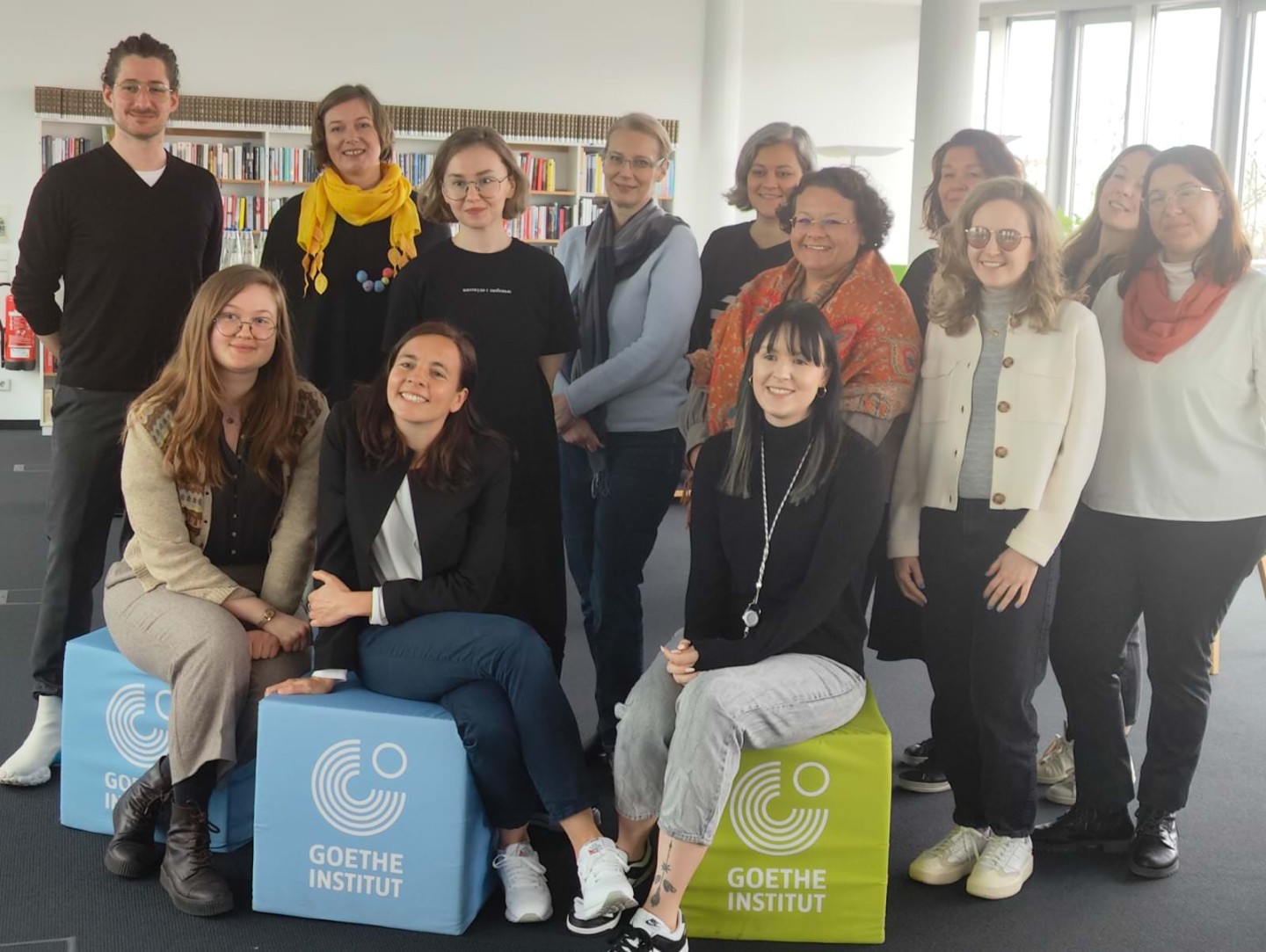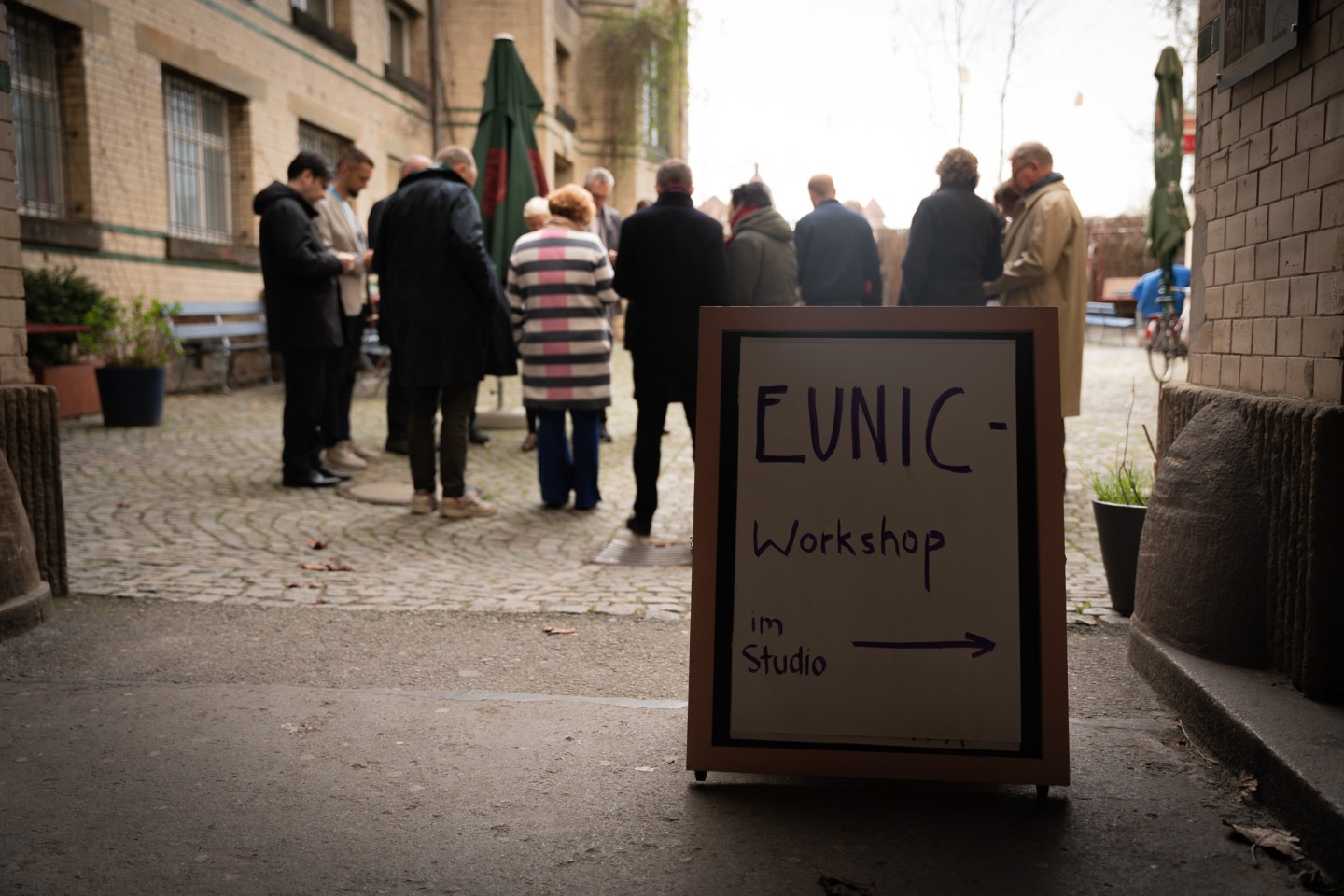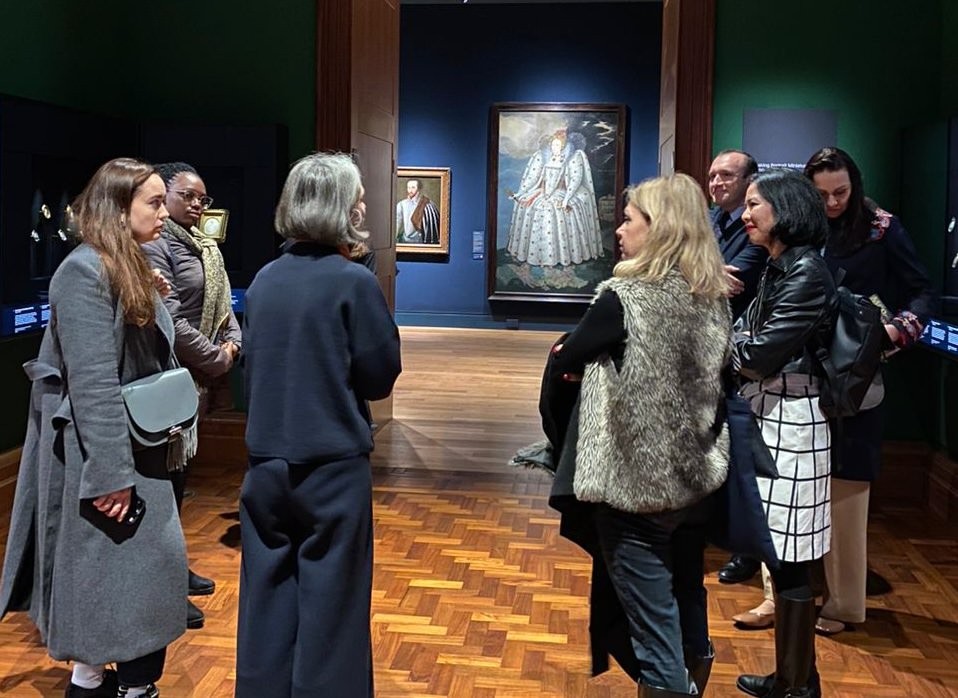
Reflections on EUNIC Presidency
As the EUNIC presidency of the Danish Cultural Institute is coming to an end, Camilla Mordhorst, CEO of Danish Cultural Institute, is reflecting on her time as EUNIC President and the developments within the EUNIC network.

My tenure as EUNIC President has been a whirlwind journey. Despite my ambition to connect with every member organisation, the constraints of time proved challenging, but we did speak to many! These one-on-one conversations with Directors of our members, together with our EUNIC Director, Andrew Manning, were invaluable, revealing a wholehearted readiness for collaboration. I will try to summarize my most important learnings and recommendations at the upcoming General Assembly in Bucharest.
Our EUNIC cluster collaboration has flourished. It has grown so large that many of the member countries are considering more regular follow-up procedures with their representatives in the network. I am looking forward to continuing our discussion on how to strengthen and improve the cluster network at the General Assembly.
Shared challenges, from geopolitical shifts to technological advancements, unite us in our commitment to elevate culture in international relations. Individual struggles often mirror common challenges, fostering fruitful discussions regardless of country size or budget. The transition from a traditional cultural promotion to a more cooperative approach is still going on.
All members have important considerations to share and nothing beats sitting down together peer to peer and discussing the current situation. Recently, I had the pleasure of joining Andrew in Riga for a meaningful dialogue with the Ministry of Culture in Latvia and LIAA (The Investment and Development Agency of Latvia). It was a long and open conversation about Latvia's participation in EUNIC, Latvia's unique role as a role model for Ukraine and the free art and cultural life in Belarus, the troubled security situation in the region and the many joint projects that lie ahead, not least Liepāja becoming European Capital of Culture in 2027 in Latvia.
Perhaps my most important learning is that there's always room to deepen my understanding of our EUNIC collaboration - and that time passes in good company. I've just become President and now the time is almost up. I happily pass the baton to our Vice President Liviu Jicman from the Romanian Cultural Institute, convinced that we are by no means done developing the network, but that we are on the right track.









